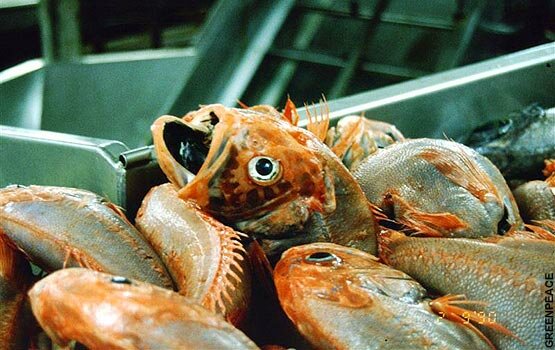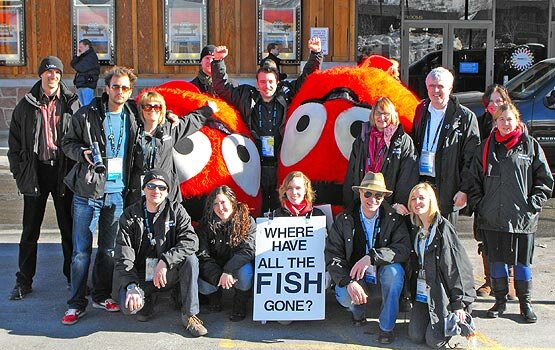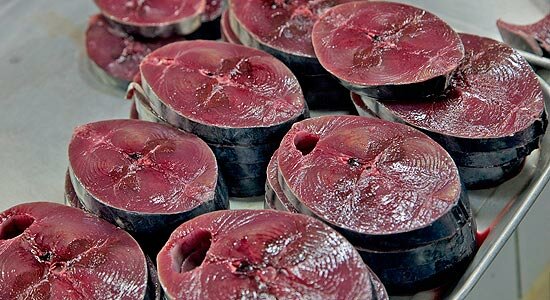Fish must be exploited less heavily if they are to adapt to climate change, according to the UN Food and Agriculture Organisation.
Responsible fishing practices need to be more widely adopted to tackle over-fishing and fishery management plans should include strategies for coping with rising sea temperatures.
“Best practices that are already on the books but not always implemented offer clear, established tools towards making fisheries more resilient to climate change,” said Kevern Cochrane, one of the authors of The State of World Fisheries and Aquaculture (Sofia), 2009.
“So the message to fishers and fisheries authorities is clear: get in line with current best practices, like those contained in FAO’s Code of Conduct for Responsible Fisheries, and you’ve already taken important strides towards mitigating the effects of climate change.”
Climate change is already altering the distribution of both marine and freshwater species with warmer-water species being pushed towards the poles and experiencing changes in habitat size and productivity, the report says.
It is also affecting the seasonality of biological processes and altering marine and freshwater food sources which has unpredictable consequences for fish production.
A decrease or loss of locally available fish stocks will pose serious problems for communities which depend on abundant supplies for their livelihood.
“Many fisheries are being exploited at the top range of their productive capacity. When you look at the impacts that climate change might have on ocean ecosystems, that raises concerns as to how they’ll hold up,” said Cochrane.
Vulnerable communities who rely on their fishing and aquaculture industries need to take urgent action to strengthen their resilience to climate change, the report urges.
The authors of the report say that fisheries and aquaculture make a minor but significant contribution to greenhouse gas emissions during fishing operations and the transport, processing and storage of fish.
The average ratio of fuel to carbon dioxide (CO2) emissions for capture fisheries is estimated at about 3 teragrams of CO2 per 1m tonnes of fuel used.
“That could be improved. Good fisheries management can substantially improve fuel efficiency for the sector,” Cochrane said.
“Overcapacity and excess fishing capacity mean fewer fish caught per vessel - that is, lower fuel efficiency - while competition for limited resources means fishers are always looking to increase engine power, which also lowers efficiency.”
Much of the industry’s carbon footprint comes in the transport of the fish, particularly by air, once they have been harvested.
Intercontinental airfreight emits 8.5 kg of CO2 per kilogram of fish transported. This is about 3.5 times that for sea freight and more than 90 times that from local transportation of fish where it is consumed within 400 kilometres of catch.
![]()





